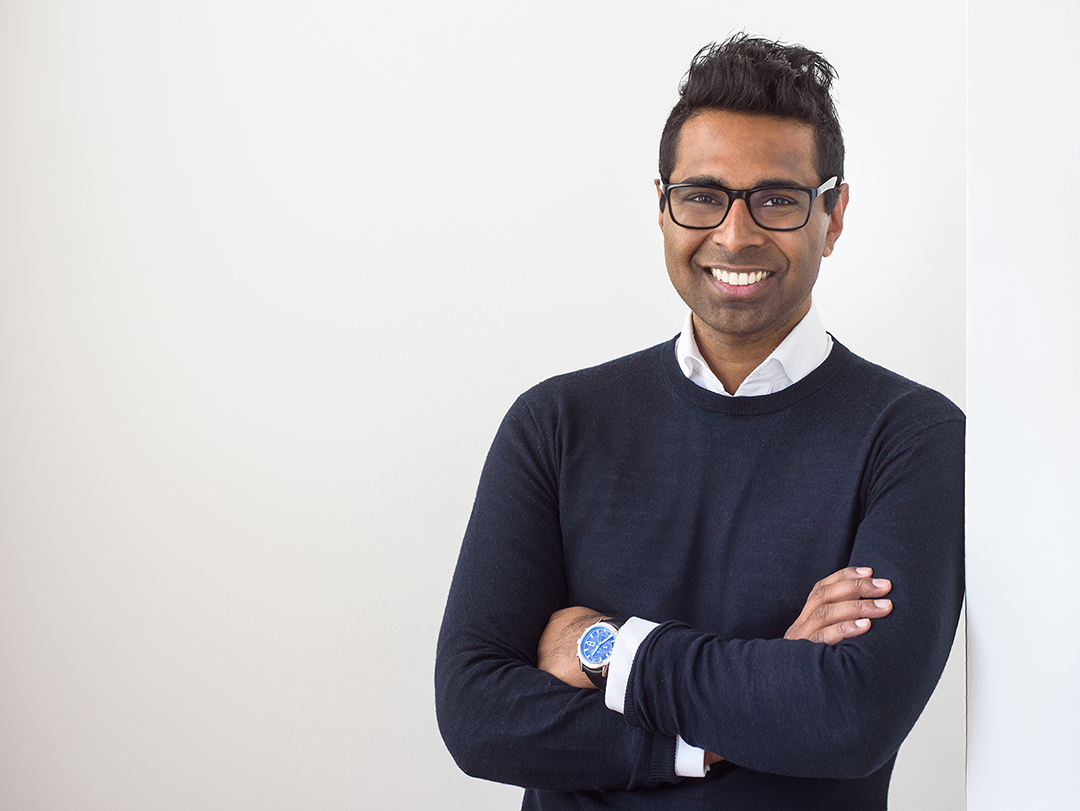


(L-R) Ashley Fell, Darren Peiris, Stephanie Norris
Three experts on talent and intergenerational collaboration share their insights with The Symes Report on what recruiters and organisations need to consider when leading millennials.
ASHLEY FELL
Ashley Fell is a social researcher, TEDx speaker and Team Leader of Communications at the internationally recognised McCrindle Research. As a trends analyst and media commentator, she understands how to effectively communicate across diverse audiences. From generational change to responding to technological disruption, from key demographic transformations to social shifts, Ashley delivers research-based presentations dealing with global and national trends.
What kind of career trajectory can we expect from the Millennials?
Millennials have spent longer in education than previous generations. More than 1 in 3 have a university degree compared to 1 in 5 Baby Boomers. With this comes greater expectations around career trajectory and opportunity. While the Baby Boomers were shaped in an era of greater job security and career stability, today’s emerging workforce has seen sectors like manufacturing decline and new jobs like App Developer, Cyber Security Professionals and Social Media Marketer become mainstream. The rise of the gig economy where people may hold down multiple roles or are more freelancer, contractor and contingent worker than employee means that we have moved away from job for life, and career for life.
The national average job tenure is just under 3 years per employer, which means that school leavers today will have 18 separate jobs across an estimated 6 careers across their working life. While Boomers developed their career by showing loyalty within an organisation and climbing the rank, Millennials are shaped in a work culture where careers are developed by moving across organisations, grabbing opportunities and gaining experience across organisations and industries.
What are millennials looking for from their organisations and leaders?
Millennials are looking for what we call the CPI equation, which stands for Culture, Purpose and Impact. Culture refers to the workplace community, the way the staff interact, the values that they hold. It’s the ‘who’ of the organisation, the people, and the ‘how’ of the organisation, how they do what they do. Purpose refers to the ‘why’ of an organisation. It’s the big picture of what the organisation is about, their reason for their existence.
It’s referring to the vision, which can be compelling and engaging for this emerging generation. Impact refers to the contribution team members can make to achieve this vision. Millennials want to know that their impact is making a difference. It’s no longer just enough to provide a fair day’s pay for a fair day’s work, this generation wants to know that their own contribution is having an impact and making a difference.
What are the challenges for intergenerational teams and how can they be met?
One of the biggest challenges is a lack of understanding of how different generations work, as they continue to mix in the workplace. Every generation of young people throughout history has copped a bit of bad press from the older generations and that’s not always without reason.
Each generation has strengths, which we should connect with and weaknesses, which we need to keep an eye on. But the facts are, Australia has an ageing population and with this an ageing workforce. It is just a basic factor or future-proofing and forward planning for leaders to start to think about attracting the next layer of talent, leadership succession planning and staff development. Millennials bring the latest education, an innate connection with technology
and can connect with their cohort better than any other generation. Diversity in the workplace is great because with greater diversity comes different perspectives and an ability to connect across customers or communities – an organisation gains strength when it resembles the society in which it operates. When organisations have a range of different generations and they can connect with their strengths, it will enhance an organisation.
DARREN PEIRIS
Darren Peiris is Head of Talent & Employee Communications ANZ/People & Performance at The Kraft Heinz Company. We asked him to share with The Symes Report his top tips on leading millennial talent.
Let them fly…
A lot of Millennials are coming in very smart and highly educated. Loyalty is a two way street for them. You need to give them freedom with boundaries for them to grow and do challenging projects. So don’t clip their wings.
Keep the end goal in sight
Millennials are a group of people who are more informed than ever. If you want to give them opportunities, you need to show them the end goals. If they can’t see the end goal of what they are doing they are likely to go somewhere else that will help them find it.
Enable don’t manage
The leadership role has changed, it used to be about control, a chain of approval, but managing now is about enabling and figuring out how you can pass certain decisions back to millennial, or people in junior roles. You need to figure out how you can enable Millennials and not block them from the decision making process.
STEPHANIE NORRIS
Stephanie Norris Talent Acquisition Manager at Cisco, talked to us about Cisco’s approach to recruiting and retaining millennial talent.
Millennials are so well informed at the moment and are sure of themselves and the path they want to take. They are keen to learn, keen to progress their careers quickly and will seek out better opportunities that are more aligned to their goals. When looking at hiring or retaining Millennials it is important to provide opportunities for shadowing, mentorships and sponsorships. Employers need to be aware that these opportunities are an expectation of early career talent and need to be prepared to share examples of how their organisations do this. At Cisco – we have the “Mentor-Me” Program, CSIRO partnership and executive shadowing.
Another key thing Millennials looks for are companies that offer social impact programs/Corporate Social Responsibility programs. This is really key and continues to become more and more important for younger generations. Companies that support various causes, both locally and globally are attractive to Millennials. Recently Cisco announced a partnership with Global Citizen where we have pledged to work together to help eradicate extreme poverty by 2030 (Number one of the UN’s Sustainable Development Goals). At Cisco we offer 5 days for giving back, where our employees can use this time to volunteer and give back however they choose. This is a great selling point when recruiting top talent.
